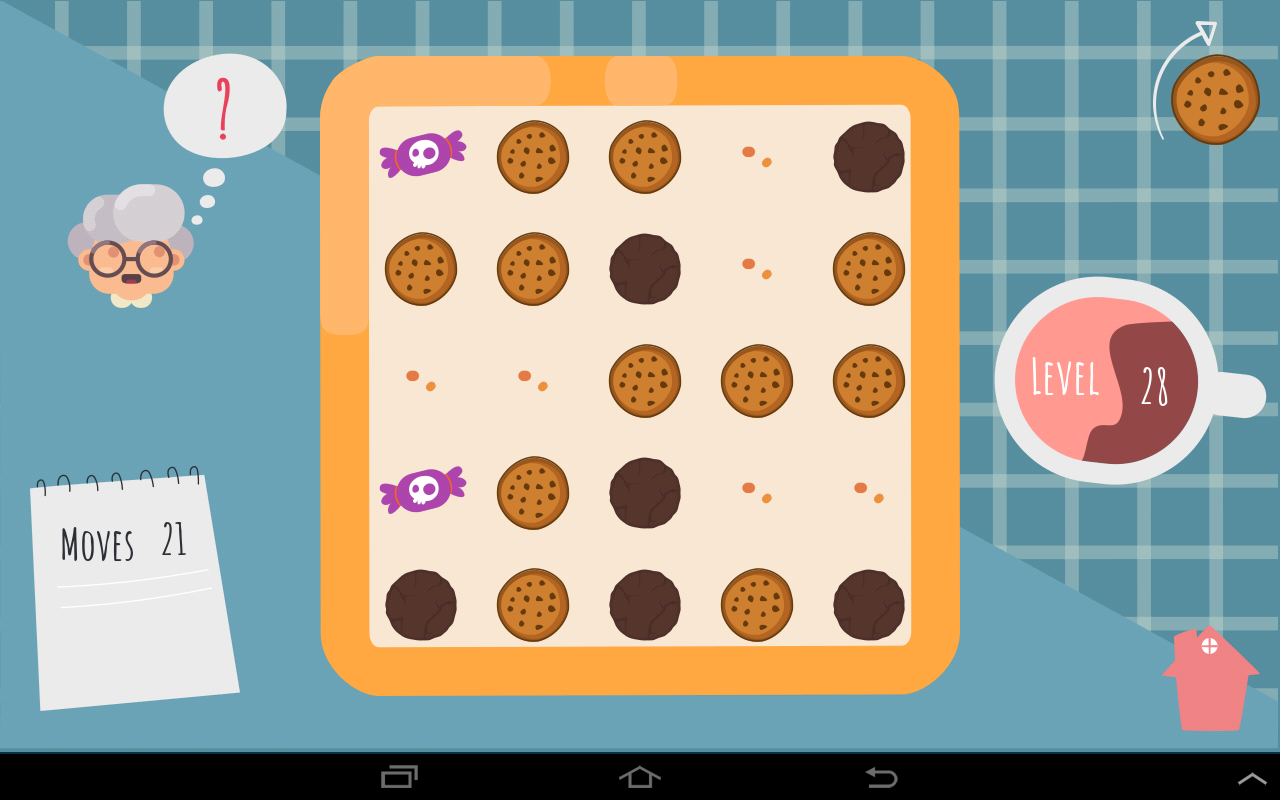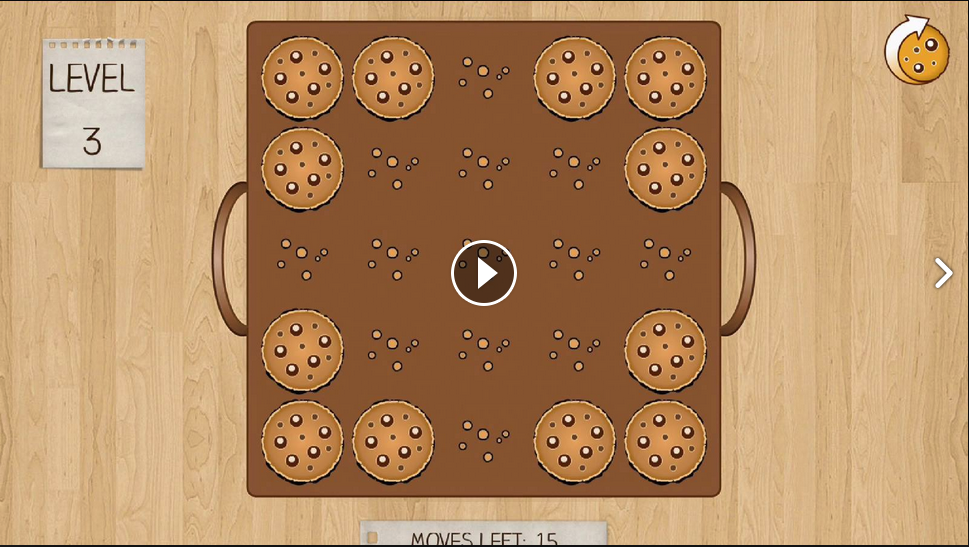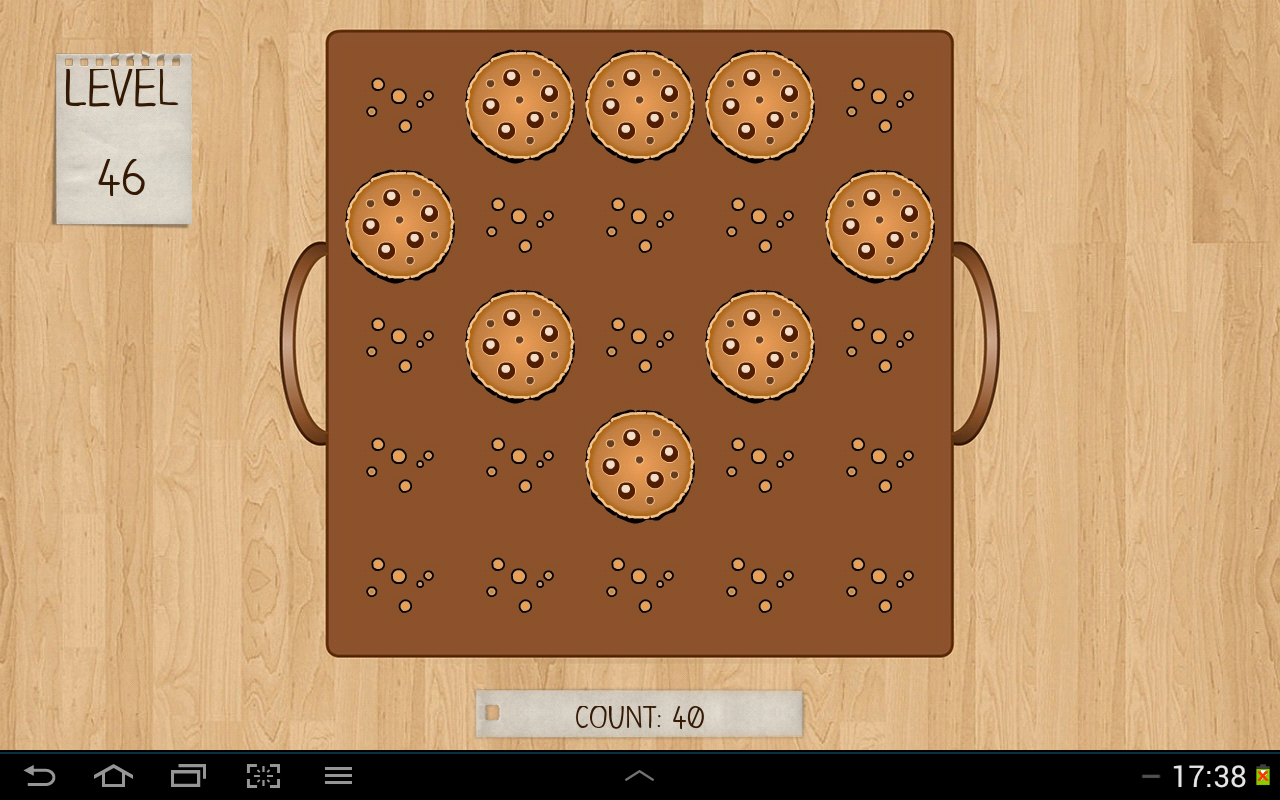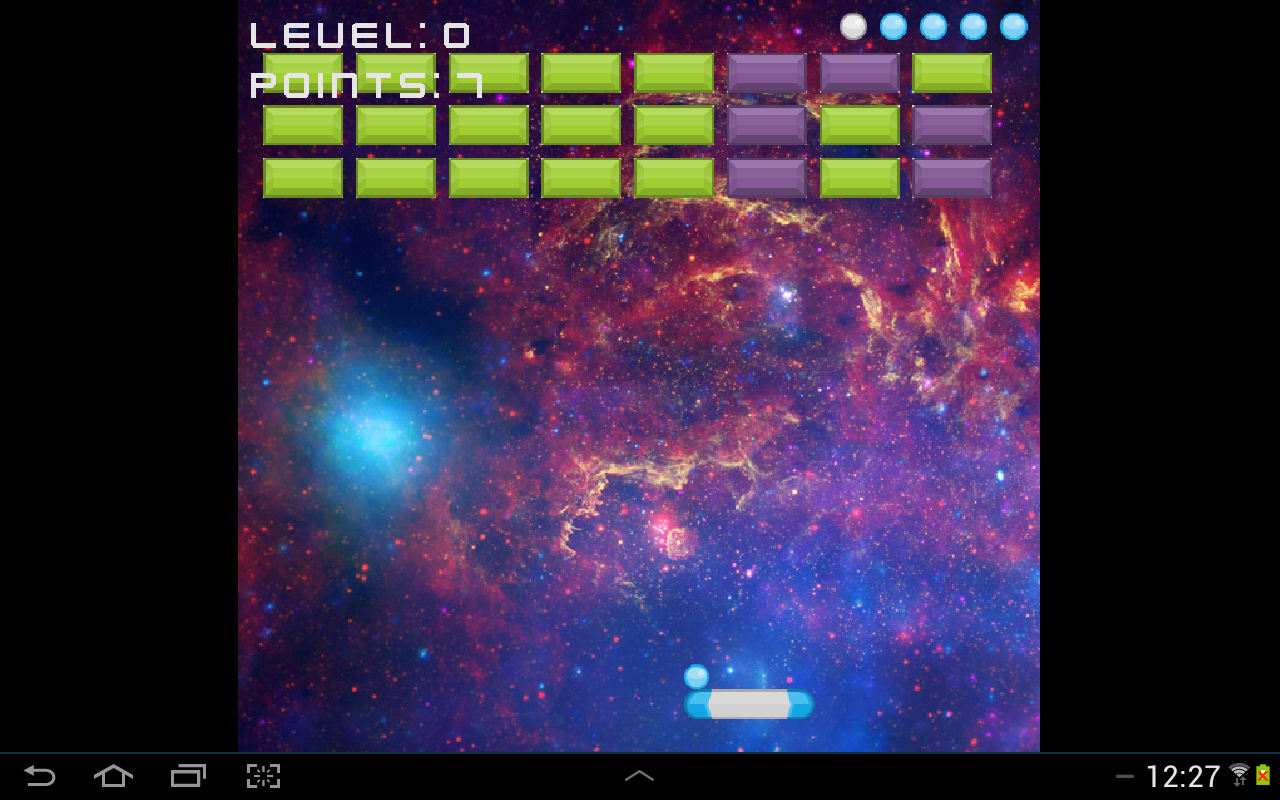Android
,
FRP
,
Functional Programming
,
Functional Reactive Programming
,
Game Programming
,
Games
,
Haskell
,
Ios
,
Mobile Apps
,
Reactive
New Game Magic Cookies 2 Released for iOS and Android
We are really happy to announce Magic Cookies 2, our latest game for Android and iOS. You can download the game here.
Magic Cookies 2 is the sequel to the classic Magic Cookies. We hope MC2 is a lot of fun. The levels in MC2 are a bit easier than the traditional Magic Cookies, but now feature animations, a beautiful design, in-game help, and more kinds of interactive elements.
...
Building a reactive calculator in Haskell (5/5)
In the last few blog posts, we examined how to build a functional calculator web-app using reactive programming. We used the reactive programming library Keera Hails, but the ideas apply to other frameworks as well.
...
Building a reactive calculator in Haskell (4/5)
In the last post we saw how to build a good looking GUI for a reactive calculator app. In this post we are going to implement the model of the application and connect it to the reactive GUI.
...
Building a reactive calculator in Haskell (3/5)
In our last post, we saw how to populate a dynamic page in Haskell from static files, and how to access HTML elements from the page, how to make their attributes and events reactive, and how to connect them using reactive rules.
...
Building a reactive calculator in Haskell (2/5)
In the first post in this series, we saw how to get started with GHCJS with a Hello world, and how to build a basic reactive application. In this next blog post, we will create a more sophisticated view for our reactive calculator app (Fig. 1).
...
Building a reactive calculator in Haskell (1/5)
In this hands-on tutorial, we are going to build a reactive calculator app in Haskell. The code we will write will work on your browser using GHCJS, but you can easily change it to work on desktop if you want: all GUI code will be located in exactly one module with just over 50 lines of code.
...
Android
,
Board Games
,
Functional Programming
,
Functional Reactive Programming
,
Game Programming
,
Ios
,
Iphone
,
Parallel Haskell
,
Reactive
,
Yampa
Haskell on Android and iOS
We strongly believe that Haskell is one of the best choices for game and app programming. It’s declarative, it’s portable and it’s robust.
However, turning your Haskell code into an app that can be published on the App Store or Google Play for Android has always been painful. Over the years we’ve worked extremely hard to make this process smooth. Most of this has happened behind the scenes, and only two apps and a few papers have been published.
...
Android
,
FRP
,
Functional Programming
,
Functional Reactive Programming
,
Game Programming
,
Games
,
Haskell
,
Magic Cookies
,
Reactive
,
Yampa
Magic Cookies released on Google Play
We are pleased to announce that Magic Cookies! is now available on Google Play. The rules are simple: your objective is to remove all the cookies from the tray, but be careful: touching any position on the tray will toggle it, and also the one above, below, to the left and to the right. New cookies will appear where there were none, and existing cookies in those positions will disappear. Are you smart enough?
...
FRP
,
Functional Programming
,
Functional Reactive Programming
,
Game Programming
,
Games
,
Haskell
,
Kinect
,
Open Source
,
Reactive
,
Yampa
Shake your lambdas with Haskell and Kinect
A new version of the game Haskanoid, with Kinect support, has just been made available.
...
Android
,
FRP
,
Functional Programming
,
Functional Reactive Programming
,
Game Programming
,
Games
,
Haskell
,
Reactive
,
Yampa
From 60 Frames per Second to 500 in Haskell
Haskell is often advertised as fast, easy to parallelize and to optimize. But how much of that is really true? We are going to demonstrate it using a game we are building, including how many changes we had to introduce to increase the game speed by 700% on desktop, how we managed to go from increasing memory consumption in the order of hundreds of megabytes down to constant memory consumption of only 3MB. We’ll also see the impact it had on Android.
...





